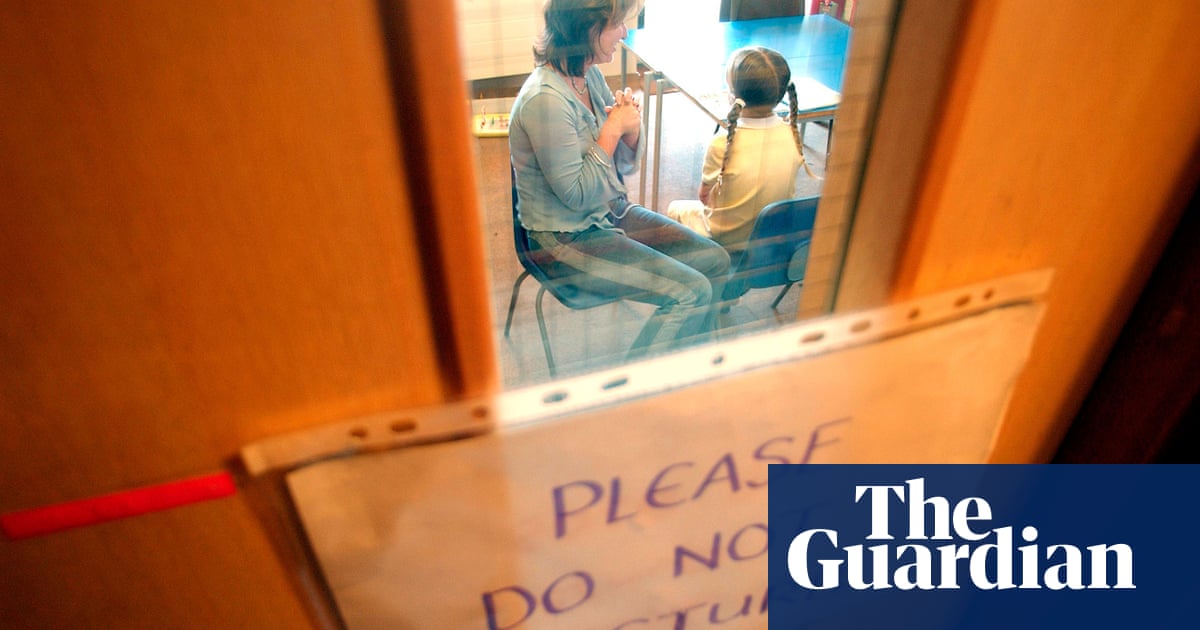
Teachers are picking up the pieces of the deepening crisis in children and young people’s mental health, with many regularly helping pupils in distress on top of their classroom duties.
Teachers say they are playing an important role in supporting pupils’ often fragile mental wellbeing because so many who need help from the NHS are not receiving it, a UK-wide survey found.
Three in four teachers put a pupil’s psychological needs ahead of teaching the curriculum at least once a week. That can involve them breaking off from lessons to come to the aid of a young person in distress or making adjustments in class to help them. One in five do so every day.
Teachers also believe an average of almost one in four (24%) of those they teach need some form of support with their mental health, according to the research by the charity YoungMinds, which questioned 1,002 primary and secondary school teachers.
James Bowen, the assistant general secretary of the National Association of Head Teachers, said: “Schools are increasingly having to step in and fill the gap left by underfunded mental health services.
“With hundreds of thousands of young people waiting for specialist support, school staff are left with no alternative but to step in and help pupils as best they can.”
Mental ill-health among school-age children “is at epic proportions and should be a national scandal. There’s just not enough [NHS] provision. Our children are suffering under a system unfit for purpose,” one teacher said.
Another said: “We are at crisis point with mental health and there’s no help for these poor kids.”
Almost 90% of teachers think they are more involved than ever in providing mental health support to pupils.
YoungMinds also found:
-
78% of teachers say pupils’ mental health has got worse since they joined the profession.
-
76% say only half or fewer of the pupils who they believe need help with their mental health receive it.
-
74% say poor mental health support is damaging pupils’ ability to learn.
Laura Bunt, the charity’s chief executive, said: “Every day stretched teachers are juggling teaching and supporting pupils’ mental health, taking time away from lessons because young people are in desperate need of help.”
She urged the government to “urgently deliver on its commitment to provide specialist mental health support in all schools”.
A third teacher said: “All my pupils have different lives and different things affecting them mentally. It is difficult to address them all when I am one person in a small team alongside my other duties as an educator.”
NHS England said it was treating 55% more under-18s than before the Covid pandemic in 2020. A spokesperson added: “We know there is much more to do to reduce unacceptably long waits for patients and ensure every young person who needs it is able to access specialist mental health support.
“We have added an extra 40,000 mental health staff, and plans are in place to ensure more than one in two pupils and learners in schools and colleges have access to an NHS mental health team in the classroom by spring 2025, way ahead of the original target.”
In March the children’s commissioner for England revealed that 949,200 children and young people were referred to NHS mental health services during 2022-23, that 270,300 were left waiting for support, and that waiting times varied between four days and 147 days.




